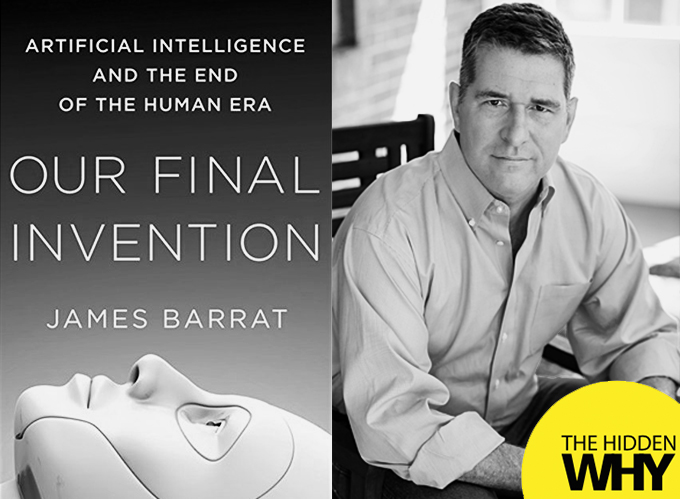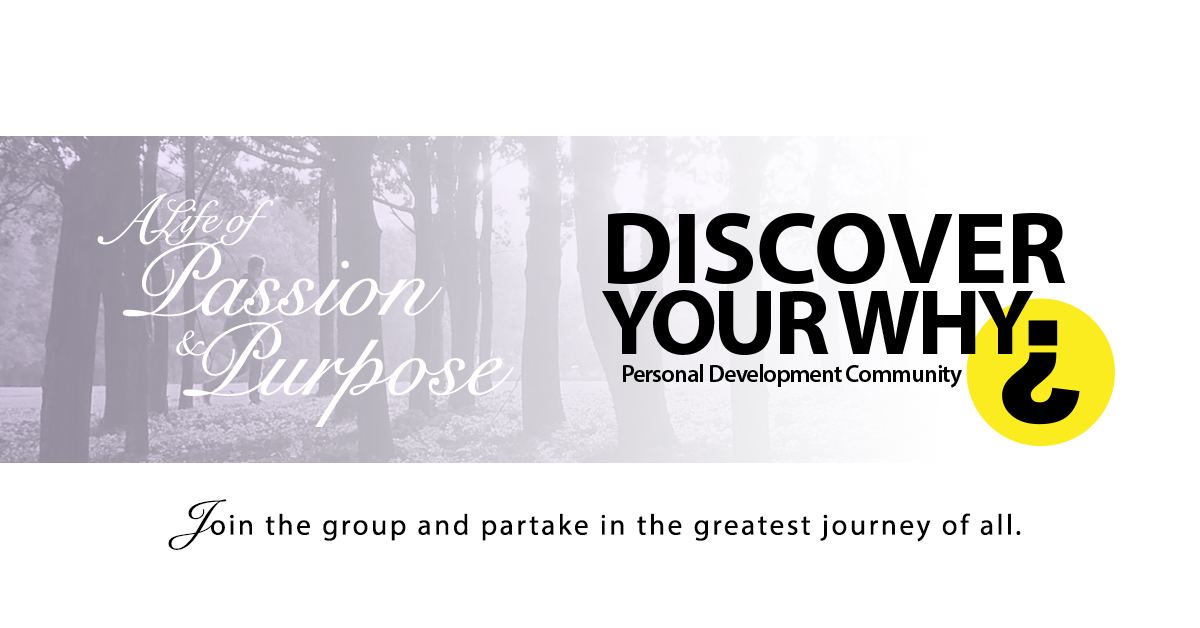
Our Final Invention: Artificial Intelligence and the End of the Human Era
by James Barrat
“More than any other time in history mankind faces a crossroads. One path leads to despair and utter hopelessness, the other to total extinction. Let us pray we have the wisdom to choose correctly. —Woody Allen”
We all think about the future, but perhaps we are too often narrow in our vision. The future excites me, and I think the reason why is because of a significant amount of uncertainty that exists.
The question this book address is will Artificial Intelligence (AI) be our final invention?
I am not a huge tech head, and books like this are often over my head, however, even without understanding the specific details I know why thinking about the future of AI and technology is crucial. If we don’t get it right, it could lead to the end of the human species and all biological life as we know it.
As Yuval Noah Harari pointed out in a recent Ted Talk he did is that there is need globalism because many of the greatest issues of our time are global, not national and therefore we need to tackle them at a global level. The advancement of tech is one of those issues.
It is easy for us to view technological progress as a fantastic achievement by human kind. For me, it raises images of a highly advanced society with technology being the instrument for a heightened quality of life in all aspects and right across the globe. There is no doubt that technology has significant benefits but what are the costs.
If we look back throughout history, we can see how previous inventions and technology improvement evolved human life. We can see the impact it has made and how it changed the way we live. I think we can all see it very clearly today with some of the most recent advancements. Look at smart phone tech and how that has dramatically shaped our lives. What about social media? All very cool but there are downsides which many of us are already aware.
Tech is global; it will affect us all for good and bad, regardless of our socioeconomic position, regardless of where we live. If we do not have an open and global conversation around the advancements of AI and the implications it may have, we may look back with some regret wishing we had thought thing through a little bit more. I believe that this book is a great conversation starter for this topic and for those of us interested in having such conversations. Whether that is a conversation, we should all be having or not is up to each of us to decide.
When I think about AI, I wonder how on earth could a computer that humans programmed take over the world? How could technology wipe us out? This book explains that. James also highlights how this is already happening and how we have the potential to lose control. It’s not hard to imagine, right, I mean when we get excited about the benefits something will bring it is almost natural to overlook the possible consequences.
When I think about how long the Earth has existed and the universe as we know it, including the time biological life came to be, it is hard to imagine that other life doesn’t exist out there somewhere. James raised this thought – if life does exist where and what kind of life?
We make scientific assumptions that there is life on planets that have similar qualities to that of Earth. If these planets have existed for as long as we have and have all the favorable elements required to support life, surely there is life.
What if we are looking in all the wrong places? What if life does exist out there but not life as we know it – biological life. Perhaps there is a life form that we have no concept of and therefore don’t know where to look.
What if there are planets where biological life did exist yet has since been wiped out by their technological advancements. Perhaps it is tech life we should be searching for but have no way to detect it. If tech life is truly that advanced, it may just make itself undetectable.
As James points out tech hardware needs to keep cool, as it tends to overheat. With this in mind, their intelligence would have them search out ways that would protect their life so that they can continue doing what they are programmed to do. Maybe this had them move to other locations, to planets with colder climates.
These are all very “out there” ideas but shouldn’t be so hard to believe. I find them very intriguing. If you are interested in learning about AI and the possible futures it may create, this book will give you that insight. It will bring ideas that you can take to the table to discuss.
I am a positive person however in understanding human nature I am not sure we will be able to control how AI is created and used moving forward. People are easy to turn a blind eye in favour of the benefits t
If this book sounds of interest you can purchase Our Final Invention: Artificial Intelligence and the End of the Human Era
here.
Please leave your thoughts, comments & questions below.
Peace, passion, and purpose…
Other books that you might enjoy…
Further Reading and Resources
TED Talks: Ideas worth spreading
Elite Daily: The Voice of Generation Y
Four Hour Work Week: How to escape the 9-5, live anywhere and join the new rich.
The Minimalists: How to pursue a minimalist lifestyle and be happier.
Mind Hacks: Tips and Tricks for Using Your Brain
Rich Roll: Plantpowered Wellness Advocate
The Art of Charm: Build confidence, feel comfortable and networking differently.
The Art of Manliness: Encouraging men to be better husbands, fathers, brothers, citizens.
Tiny Buddha: Simple wisdom for complex lives.
Mind Body Green: Lifestyle media brand dedicated to inspiring you to live your best life.
Zen Habits: Find simplicity and mindfulness in life.
Creative NonFiction: “true stories well told.”
Barking Up the Wrong Tree: science-based answers and expert insight on how to be awesome at life.
The Positivity Blog: Practical articles on happiness, self-esteem, productivity and social skills.
FIND YOUR HIDDEN WHY with THE HIDDEN WHY (THW)
BUILD YOUR LIFE AROUND YOUR PASSION AND LIVE WITH PURPOSE
Sign up for free below and receive cool stuff from me each week + Plus a free copy of “The Four Pillars of Success”
In my weekly emails you will receive ideas, thoughts, learning’s and inspiration on:
- How to design a life that you want and live by your terms
- How to live a life with passion & purpose
- Methods, strategies, & techniques on life hacks
- Messages on how to better live your life
- We will also keep you up to date with fantastic interviews from THW podcast













Leave a Reply